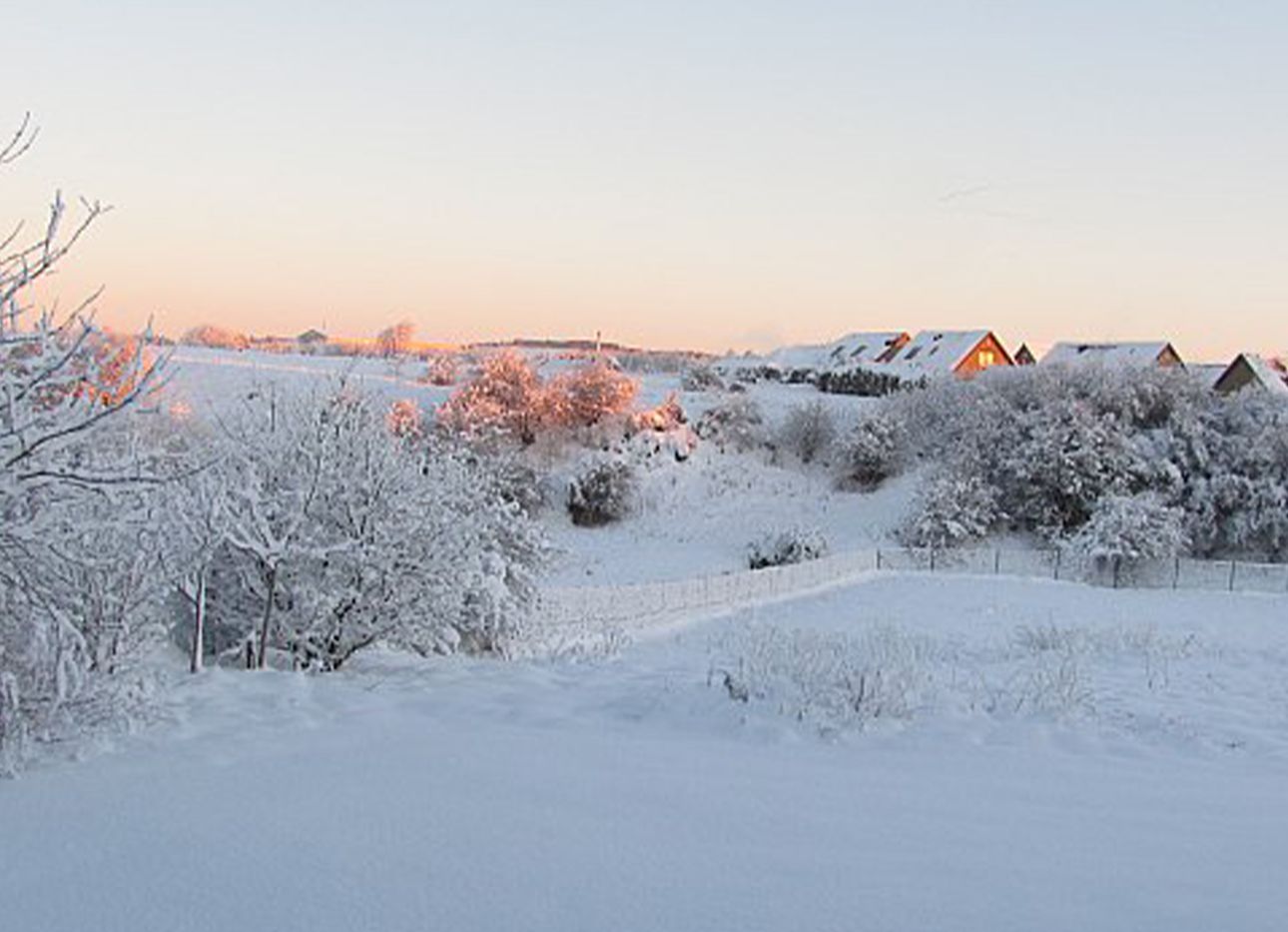
Why the World Gets Quieter When It Snows
“The first fall of snow is not only an event—it is a magical event,” the late English novelist J.B. Priestley wrote in an essay for his 1928 book, Apes and Angels. “You go to bed in one kind of a world, and wake up in another quite different.” Part of the wonder he referenced might stem from the palpable sense of serenity that the tiny flakes create as they blanket the ground. That calm isn’t a figment of the imagination: Particularly when it’s freshly fallen, light, and fluffy, snow is surprisingly effective at absorbing sound.
According to David Herrin, an associate professor in the University of Kentucky’s College of Engineering, a few inches of snow can soak up as much as 60 percent of its surrounding sounds. That’s because snowflakes, as they begin to stick to the ground, act similarly to soundproofing materials such as fibers and foams. A flake’s six-sided crystalline structure is porous, with tiny gaps that trap sound waves from cars, buildings, people, and other nearby noises, generating tranquil soundscapes for the planet’s winter wonderlands. But as fragments start to melt and become wet or heavy, their defining crevices disappear—along with the quiet they create. (In fact, as snow melts and refreezes as ice, its smooth, hard surface actually reflects sound, resulting in clearer resonances that can be detected at greater distances.)
So when venturing out after the next winter storm, take a moment to indulge in the soothing silence of the snow. Consider it nature’s way of providing a momentary sonic reprieve.